April 25, 2025 | 04:45 GMT +7
April 25, 2025 | 04:45 GMT +7
Hotline: 0913.378.918
April 25, 2025 | 04:45 GMT +7
Hotline: 0913.378.918
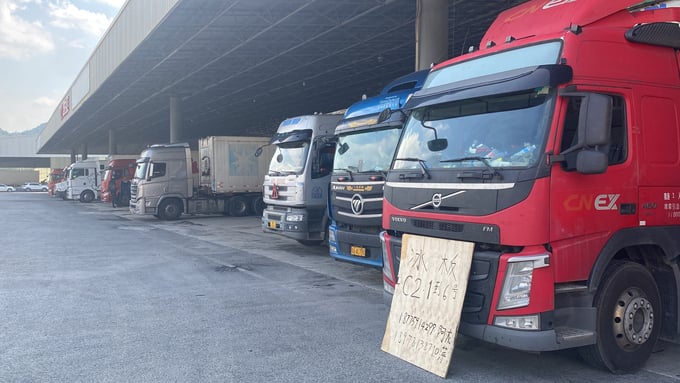
Container trucks of Vietnam and China at Pingxiang Fruit Center, the largest wholesale fruit market in Guangxi. The trucks will be loaded here, from which the Chinese container trucks will continue to go to the domestic markets of this country. Photo: Van Viet.
Just 10 kilometers from the Vietnam-China border crossing, in one of China's major wholesale fruit markets, Luc Ngan lychee is sold at VND 60,000/kg, double the average price at the garden.
From the wholesale market seven kilometers away to a food street, the price of Luc Ngan lychee or Vietnamese litchi rises to VND 130,000 per kilogram.
The lychee was imported from Ping Xiang Fruit Center in the morning, according to Ma, a fruit vendor on the food street. The 200-meter-long line of fruit vendors on Ping Xiang food street all sell Vietnamese lychee for the same price of 40 yuan or VND 130,000/kg. The price fluctuates daily based on the availability of goods from Luc Ngan and other Vietnamese regions.
According to Ma, who has spent ten years in the fruit business, the price of lychee will decrease next week due to the main crop, but not below 30 yuan or VND 110,000/kg.
In a different corner, Loi Son's fruit stall appears somewhat quiet, but he would flash a smile whenever comes a customer. He sells lychees from both Vietnam and China.
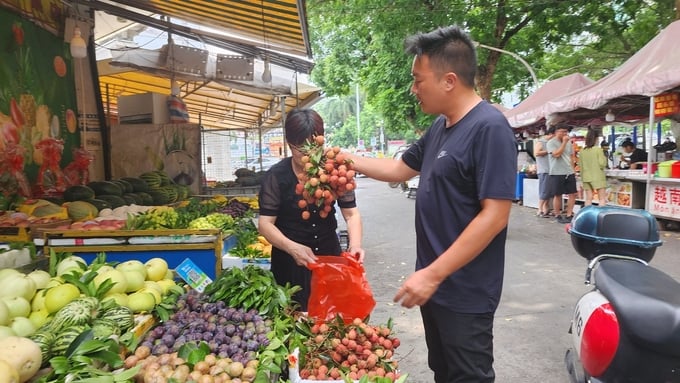
Customers buy Vietnamese lychees from Ma Tieu Hoa, a fruit stall owner at Pingxiang Food Street, Guangxi, China. Photo: Van Viet.
"The skin of Chinese lychees is normally green. When it turns red, the hue is lighter than the intense red of Vietnamese fruit. The skin of Chinese lychee is more bumpy than that of Vietnamese lychee," stated Loi.
"This is a superior product. The average temperature in Harbin - his hometown is a few dozen of degrees below zero. If it could sell fresh Vietnamese lychee there, the price would be three times higher than in Ping Xiang," said Loi.
This is not feasible in the medium term. Personal travel time from Ping Xiang to Harbin is already 40 hours; therefore, the container vehicle time must be multiplied. It is unlikely that the cost will offset the selling price.
"Regarding customs clearance capacity, support, and enthusiasm of border forces, our company has no complaints. Both the Chinese and Vietnamese parties have made significant contributions. The problem lies in the way businesses are doing," according to To Van Quang, vice chairman of the Vietnam-China Business Association in Guangxi from Dong Dang Industrial Investment Co., Ltd.
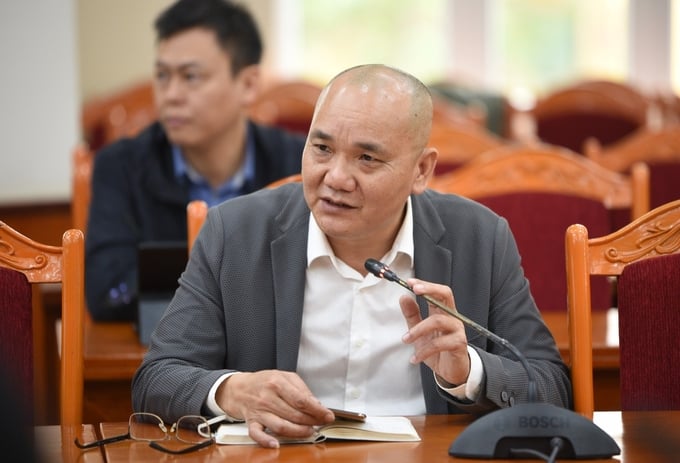
Mr. To Van Quang, Vice Chairman of Vietnam - China Business Association in Guangxi. Photo: Tung Dinh.
To assert that the story Loi told is probable. In significant cities like Beijing, Shanghai, and Guangxi, Vietnamese lychee is sold as a luxury item. However, the most significant obstacle would be credibility.
"Vietnam and China lack an agricultural products protocol, whereas Thailand has had one for many years. When entering China, Thai imports are subject to fewer inspections than Vietnamese imports," To said, adding that this is a regulation imposed by Chinese authorities on all imports from nations without protocols.
Residues of pesticides, pests, and mud still clinging to the fruit are common issues. Some merchants even used stones to enhance the weight of fruit containers. Citing specific evidence regarding durian, Mr. To stated that 100 percent of Vietnamese durian vehicles accessing the Chinese market are subject to stringent inspections.
There have been returned durian shipments from Vietnam due to pesticide residues, insufficient ripeness, and even pests and diseases, as agreed upon by both parties.
The vice chairperson of the Vietnam-China Business Association in Guangxi used the durian story as evidence that "one industry influences the other". Because of a single instance of substandard products, all agricultural products from Vietnam are affected and thoroughly inspected. The inspection time of each container and each carriage significantly delay the import of agricultural products.
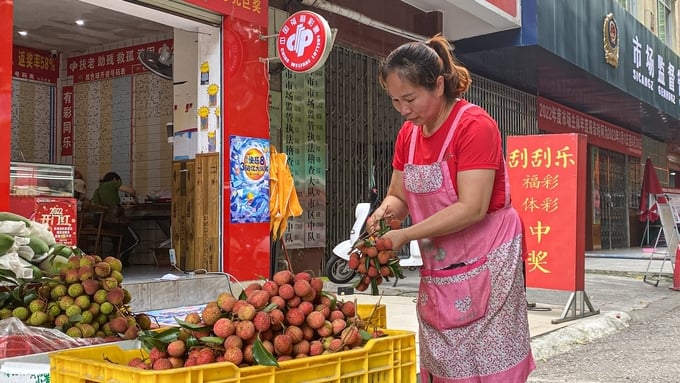
At Pinhxiang food street, 1 kg of Luc Ngan lychee costs about VND 130,000/kg.
Regarding lychee, the commander of the Tan Thanh border control station stated that over many years, the reality has demonstrated that Vietnamese agricultural products have not established trust with their partners.
"Only one vehicle has lychee worms, so the Chinese side immediately tightened inspection. For this reason, we must be exact with everything from lychee ties and lychee foam containers to planting area codes and packaging codes. From there, it is feasible to reduce the time required for customs clearance," said Hung.
In reality, the rate of customs clearance depends primarily on the merchants on both sides of the frontier, not the border guards.
Due to their rapid ripening, lychees are presently prioritized for export. This is one of the efforts made by Lang Son's customs clearance forces.
Back in Luc Ngan, where there is a well-known lychee brand, the issue regarding planting area code has been a hot potato.
Vice Chairman of the Luc Ngan District People's Committee in Bac Giang, Nguyen The Thi, stated that the entire district has more than 17,000 hectares of lychee with an estimated yield of 98,000 tonnes. This year is anticipated to be lychee season and has greater consumption advantages than previous years.
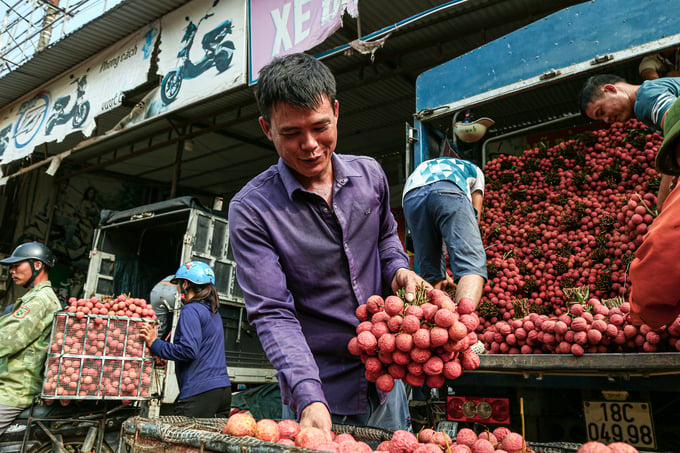
Transfer lychee from motorbike to truck in Luc Ngan, Bac Giang. This is also the place where lychees are weighed, then preliminarily processed and canned for export to the Chinese market. Photo: Van Viet.
"Some localities have used planting area codes and packaging codes that do not comply with regulations, not those of Luc Ngan, for export or consumption in other markets. Therefore, we've established working groups to inspect, assess, and warn homes and small businesses on a regular basis. Simultaneously, we educate people on the importance of maintaining the brand and reputation of Luc Ngan lychee, as stated by Mr. Thi.
The leader of the Lu Ngan district stated that if the code and brand are not well-preserved, it will cause "great damage" not just for one household or one merchant, but for the entire developing region.
Mr. Thi highlighted that where the brand is preserved, its value will be maintained and it will grow sustainably.
Translated by Linh Linh
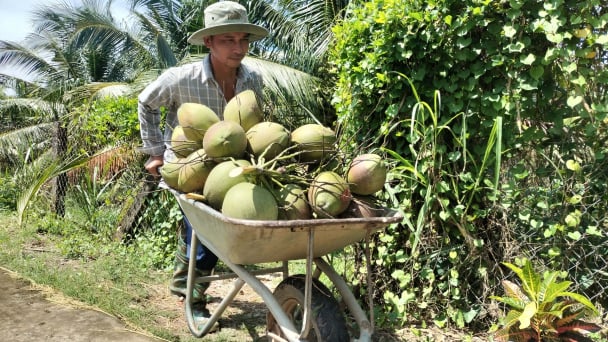
(VAN) After merging Vinh Long, Ben Tre and Tra Vinh, the new Vinh Long province will have about 120,000 hectares of coconut plantations, accounting for 60% of the country's total coconut-growing area.

(VAN) The official launch of the first issue of the Vietnam Agriculture and Nature Newspaper marks a crucial milestone, establishing the Ministry of Agriculture and Environment’s official press agency.
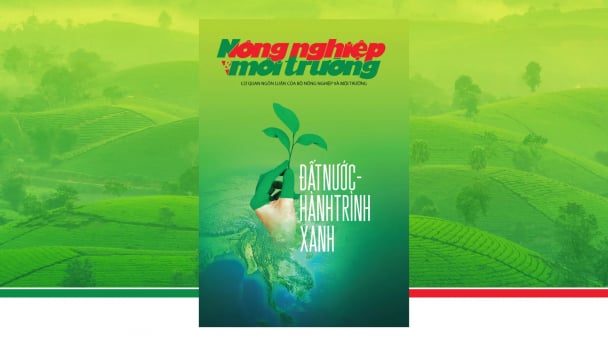
(VAN) This launch marks a meaningful milestone, introducing Vietnam Agriculture and Nature Newspaper, the official press agency of the Ministry of Agriculture and Environment.
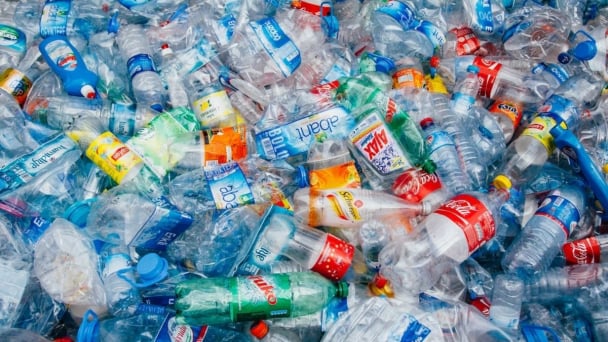
(VAN) This is one of the solutions under a project by the UNDP and the Norwegian Embassy in Vietnam to address challenges in municipal solid waste management.

(VAN) Deputy Prime Minister Tran Hong Ha wishes that VAN News would continue to develop, become a symbol of pioneering journalism, and contribute to the agricultural and environmental sectors in the new era.

(VAN) CropLife Vietnam wishes to continue its collaboration with the Vietnam Agriculture and Nature Newspaper to promptly communicate scientific solutions and sustainable agricultural practices.
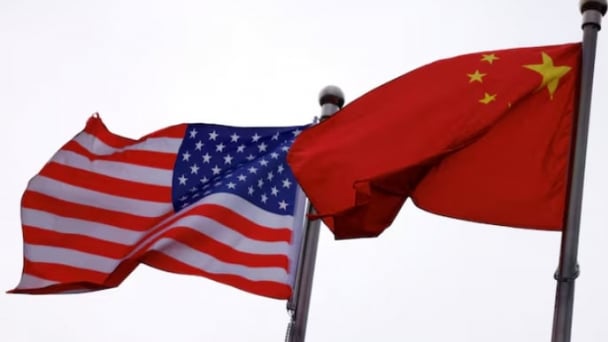
(VAN) Beijing recently asked South Korean companies not to ship products containing China's rare earth minerals to U.S. defence firms, the Korea Economic Daily reported on Tuesday, citing government and company sources.